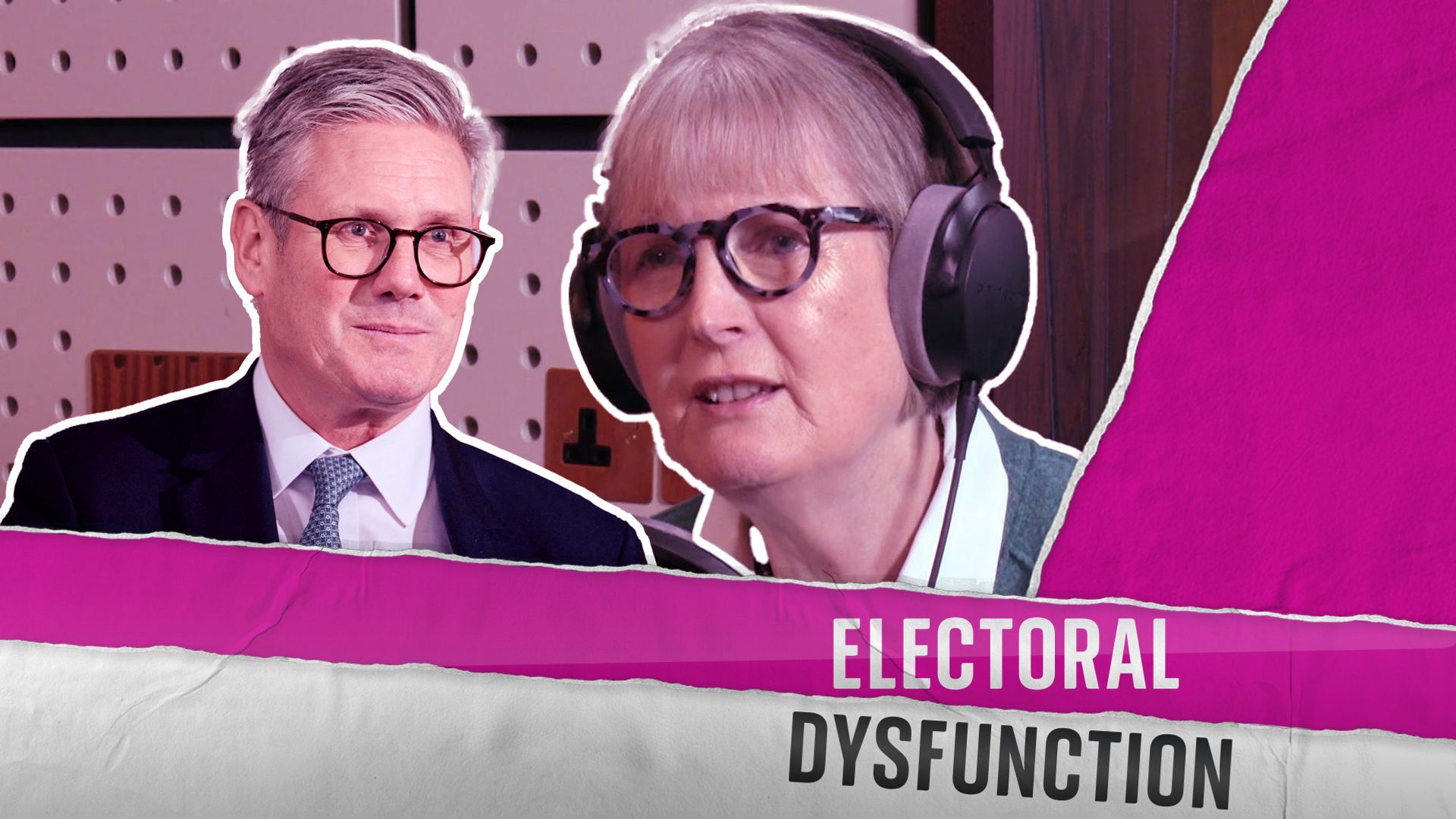Wales will introduce tougher controls on tattoo artists, body piercers and cosmetic clinics.
It will become the first UK nation to bring in mandatory licensing, which aims to reduce infections and poor working practices.
The new rules will create a public register of licence holders, with around 3,500 practitioners and 1,868 business premises requiring approval.
The legislation is part of the final phase of the Public Health (Wales) Act 2017 to improve standards in the industry.
It was due to be introduced in 2020 but was delayed by COVID and Brexit.
The Welsh government launched a 12-week consultation today to hear the views of practitioners, the public, local authorities and other stakeholders.
Some firms admitted tougher requirements will be a “huge shock”.
But tattoo artist Ashley Davies, who runs Stronghold Tattoo in Cardiff, said the move is positive for the industry.
“It is fantastic that Wales will be the first UK nation to introduce a national licensing scheme for our sector. This will raise standards and should be embraced.”
Ffion Hughes, a permanent make-up and paramedical tattooist based at Little Wren Beauty & Aesthetics in Caernarfon, North Wales, agreed. She said: “This mandatory scheme will provide a level playing field for reputable businesses in the industry.”
Read more from Sky News:
Spring and autumn COVID boosters planned for vulnerable
Burst pipe left 250,000 without water
What a 12-hour ambulance shift is really like
There are signs stricter requirements will work – the pass rate for those who have voluntarily undertaken a level two award in infection prevention and control is 95%.
But some critics believe the changes will not go far enough. New rules won’t prevent some people from operating without licences, including self-taught tattoo artists known in the industry as “scratchers”, they argue.
Wales’ chief medical officer, Frank Atherton, thinks the new scheme will work. He said: “Good standards of hygiene and infection control by all special procedures practitioners and businesses is essential as these procedures are capable of causing harm if not carried out properly.
“This new compulsory licensing scheme will ensure that both clients and practitioners are adequately protected at all times.
“I am very pleased that these impending changes have been widely welcomed by practitioners in Wales, with many already volunteering to meet the new standards.”








